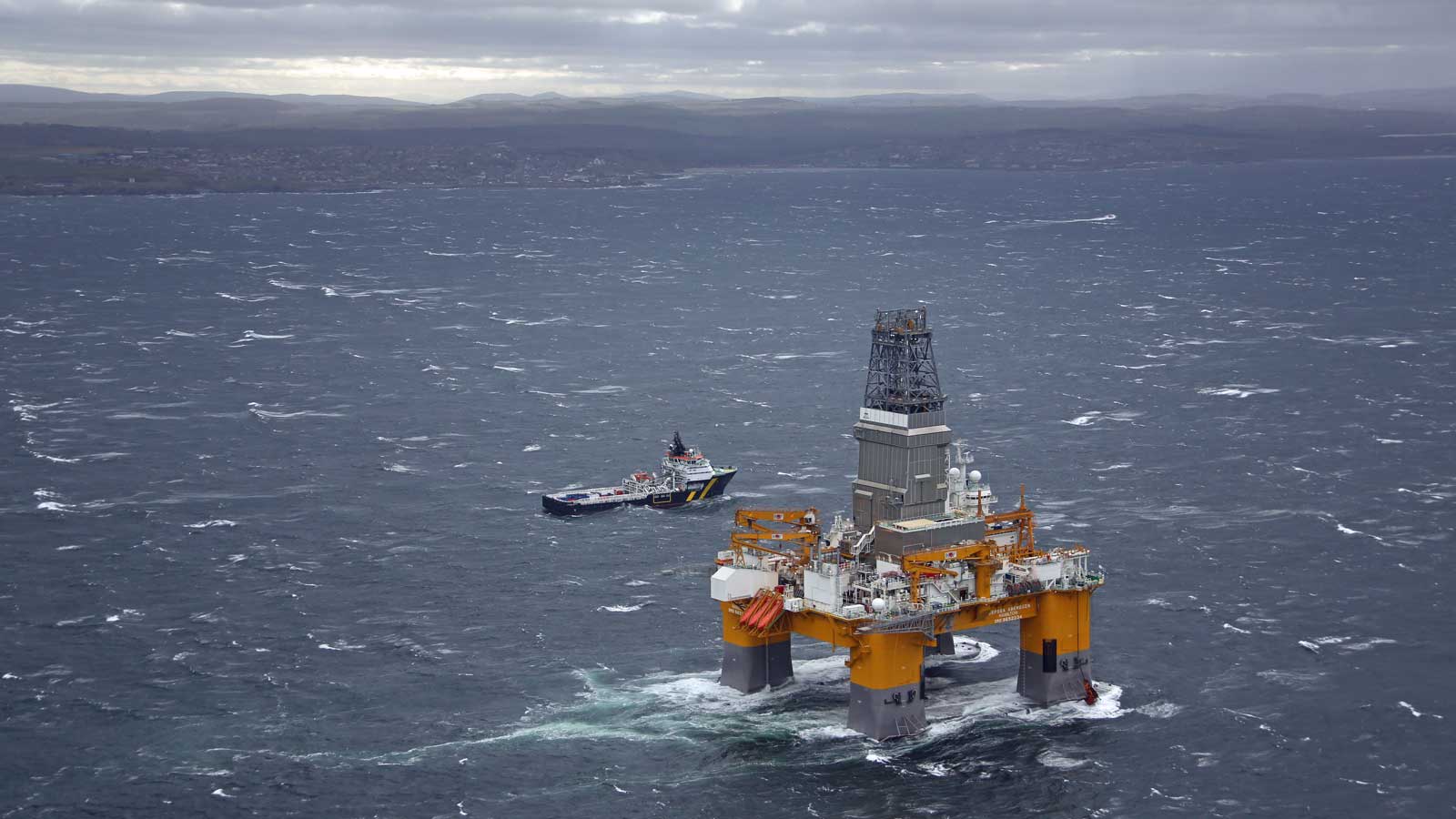
Earlier this week, the UK Government released a white paper further outlining how it will change North Sea industry to reach net-zero emissions.
The paper expands on a ten-point hitlist by prime minister Boris Johnson that focussed on renewable energy expansion. The white paper shows how the UK government foresees the North Sea within its target of achieving net-zero emissions by 2050.
Government white paper commits to North Sea net zero by 2050
The white paper cites National Atmospheric Emissions Inventory data stating that in 2018 UK Continental Shelf industries produced 4% of the country’s total greenhouse gas emissions.
According to industry body OGUK, bringing this to net-zero would mean eliminating 18.5Mt of annual CO₂ emissions over the next 30 years. The body supported the government’s plans in its Roadmap 2035, which the government in turn supports.
The new white paper explicitly states that this will cover Scope 3 emissions, the emissions made by consumer use of oil and gas products. It also says: “Any future government support is dependent on the sector adopting meaningful measures which reduce emissions and report transparently on progress”.
Zero routine flaring by 2030
The white paper says the UK will commit to the World Bank’s ‘Zero Routine Flaring by 2030’ initiative. The document says: “Much more can be done to drive down the practice, notwithstanding the challenges posed by the maturity of the basin and its assets”.

US Tariffs are shifting - will you react or anticipate?
Don’t let policy changes catch you off guard. Stay proactive with real-time data and expert analysis.
By GlobalDataAs part of this, the Oil and Gas Authority will use its consent, development and stewardship roles to push harder for reduced flaring and venting. To enable this, the government will minimise “regulatory and policy barriers” preventing platform electrification.
‘Formalising aspects of our existing process’
The government will also review the Offshore Petroleum Regulator for Environment and Decommissioning to align it with the white paper’s goals. Afterwards, the regulator will have an increased focus on decommissioning, carbon capture, utilisation and storage (CCUS).
CCUS receives several mentions as a method of supporting the decommissioning end-of-life-assets.
The Oil & Gas Authority (OGA) will also receive a new strategy. The new measures mean the OGA will expect companies to make net-zero provisions as part of its asset stewardship conditions. It will also update its guidance to include carbon costs and benchmark greenhouse gas emissions.
The government consulted with the OGA on these measures over the summer. In future, it will review its policies for future licensing rounds. This would mean “formalising existing processes” and tying licensing policies into climate goals and “developing existing checkpoints”. The results of this review will come in “early 2021”.
White paper expects North Sea Transition Deal in first half of 2021
The paper also mentioned a North Sea Transition Deal, one of the government’s manifesto pledges made in December 2019. The UK Government has worked with industry on the proposed deal, which would aim to help offshore companies transitioning toward greener operations. The white paper has revealed that the government will aim to implement this deal in the first half of 2021.
OGUK chief executive Deirdre Michie said: “[The white paper] sets out ambitious and challenging expectations of the UK offshore oil and gas industry, and we are committed to continue working collaboratively with governments and regulators as we deliver these.
“Today’s report not only highlights the critical role our industry plays in maintaining energy security in the UK but also commits again to a transformational North Sea Transition Deal, which will be a key lever to moving the sector at pace towards a low-carbon future.
“It’s encouraging to see that today’s report also recognises the value of the UK oil and gas industry workforce, especially after such a challenging year. We know that if we are to unlock the challenge of net-zero, the talent, expertise and skills found within our workforce will be vital.”



